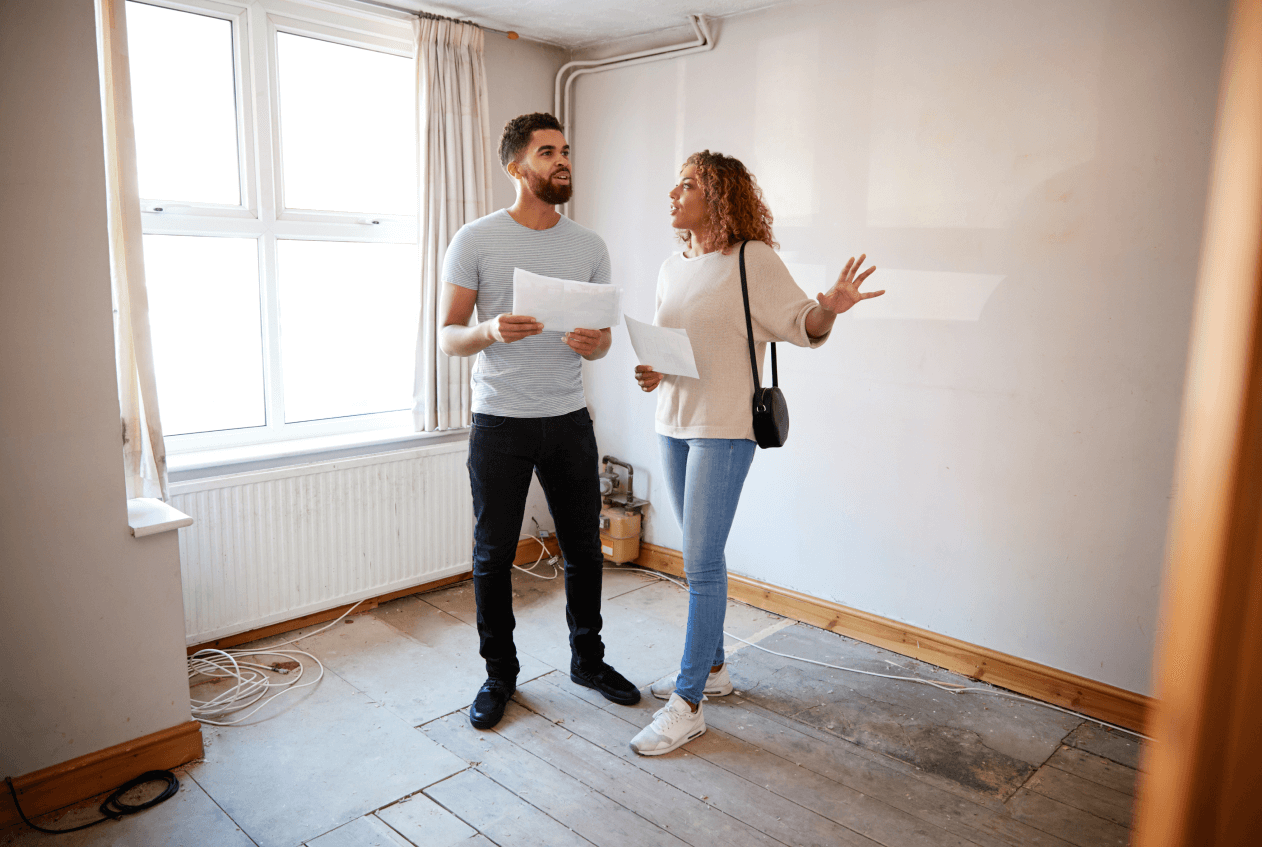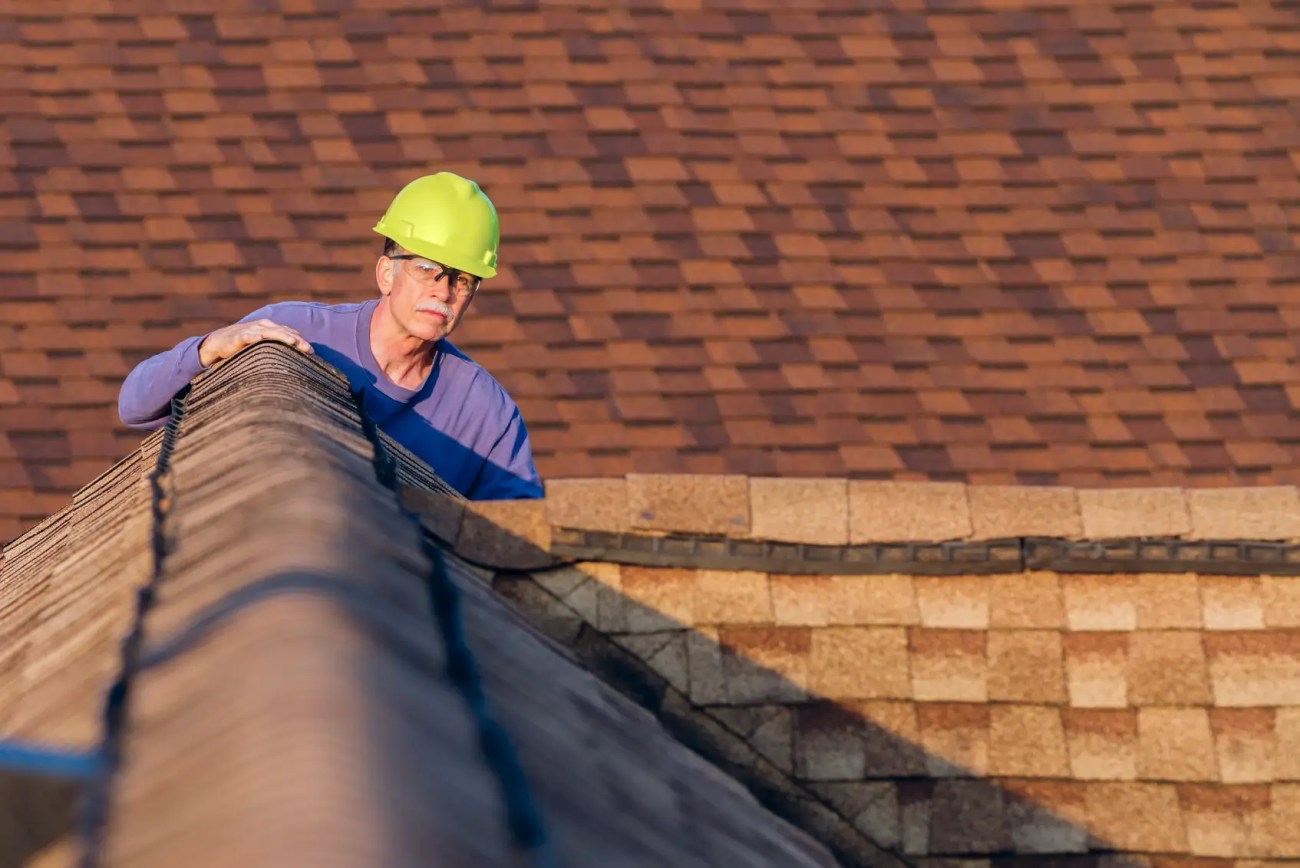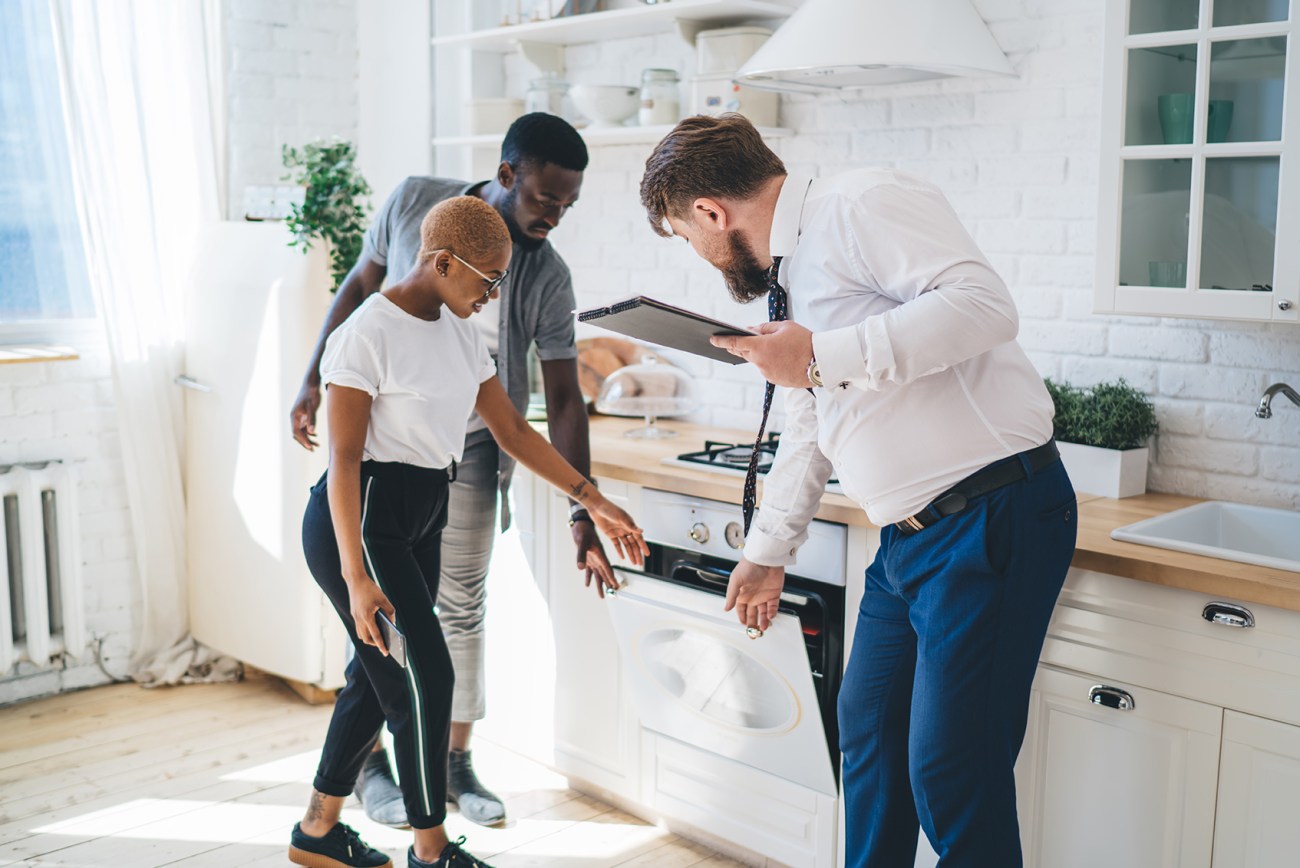Can I back out of an offer on a house?
A buyer can’t back out of a deal just because they’re feeling uncertain, or return a property the way they might a pair of shoes. But it’s much easier to back out of an offer if both parties haven’t signed an Agreement of Purchase and Sale yet, or if an offer hasn’t been accepted. A legally binding Agreement of Purchase of Sale is a contract that involves terms and conditions that include your legal commitment to purchase the property and the conditions of your purchase. If this has been signed, it’s almost always legally complicated and costly to cancel.
Certain conditions may allow a buyer to back out of an offer at closing without weighty consequences
- If an offer or counter-offer has been made with a time limit and the time runs out without being accepted, the buyer doesn’t have an obligation to complete the sale, even if the seller accepts after the allotted time window. If time hasn’t run out, you may still have the ability to revoke your offer if payment hasn’t been made and the seller hasn’t accepted yet.
- In some provinces, the purchase of a condominium has a 10-day period in which the buyer can step back from the sale, even if an agreement has been signed.
- If the seller has not met one of the conditions in the agreement or failed to deliver on a written promise, a buyer might have an easy out.
- If you made an offer with a condition that included the sale of your current home, not being able to sell that home could excuse you from the commitment.
- An inaccurate appraisal or notable repairs that weren’t anticipated could allow a buyer to back out if the offer was conditional based on these factors.
- If the home you’re buying is vandalized or suffers substantial damage from a natural disaster, you might also have a case for retracting your purchase offer.
- In some cases, a buyer can also argue that a seller misrepresented the property or provided misleading evidence of the home’s value or condition. Misrepresentation is especially challenging to prove legally.
The consequences of backing out of a home sale
Consequences for backing out of a sale vary depending on the stage of the sale, the conditions of the agreement and whether it’s been signed, how the seller or buyer chooses to pursue legal action and other factors. If you’ve already put in an offer on a home, you’ll likely lose the deposit you put down. In Canada, this deposit is usually 1-3% of the home price.
In some scenarios, the seller can successfully sue the buyer for the damages resulting from a lost sale. This can include the costs resulting in a delayed move, the seller’s inability to use your money to purchase a home they wanted to buy, or any money lost in the sale — if the buyer backs out at closing and the house sells for a lesser value when it’s relisted. For example, if the agreed sale is for $1 million dollars before the buyer backs out at closing, and the house sells for $800,000 when it’s put back on the market, the seller could sue for $200,000 in lost value.
Why would a buyer back out of an offer?
The reasons for a buyer to back out vary. Here are a few common scenarios:
- A cooling or fluctuating market: If you commit to buying a house and then notice the neighbour’s place sold for a much lower bid, you’re more likely to be spooked out of a sale and might feel you got an unfair deal or over-offered.
- Overbidding or agreeing to a higher price in a hot market: Buyers might commit to a high bid in the midst of a bidding war and wake up a few days later realizing they’ve agreed to pay more than they’d planned to. When the reality of closing costs and monthly payments sets in, a buyer who planned to commit might panic and try to back out of the sale.
- Inability to secure funds: Even a buyer with a pre-approval might be rejected for final approval when a new appraisal is done. Changes in income, employment, debt, or other big purchases or loans could make a previously eligible buyer ineligible for the funding they thought they could secure.
- Unexpected life events like illness, death in the family, natural disasters, job loss, new job offers in another location, or needed renovations might affect a buyer’s motive.
How can I protect myself as a buyer or seller at closing?
Whether you’re buying or selling, work with a competent lawyer who can review and explain the terms of an Agreement of Purchase and Sale, and ensure that the conditions protect your rights as a seller or buyer. Make sure that all the information you and your agent provide to the buyer is clear and accurate; this can protect you from claims of misrepresentation if the buyer gets cold feet. You’ll also want to make sure your real estate agent thoroughly understands the market so that you can accept or make offers that are competitive and reasonable. Hire professionals you trust in appraisals, financial planning, and every step of the homebuying and selling process.
If you’re a buyer, look over our homebuying checklist and choose a real estate professional who knows what you’re looking for and won’t encourage you to go for a property that’s beyond your budget. Finally, know your financial health and consult with a financial advisor before you make an offer. Ensure that you have money for surprise costs, closing costs, and any renovations you didn’t anticipate. This will keep you from making rash decisions and will inform a wise search for homes you can actually afford.
Houseful can help you make smart decisions
Home buying can be a daunting process, that’s why Houseful is here providing support and guidance at every step of the way. For a new and differentiated homebuying experience, sign up at houseful.ca.




